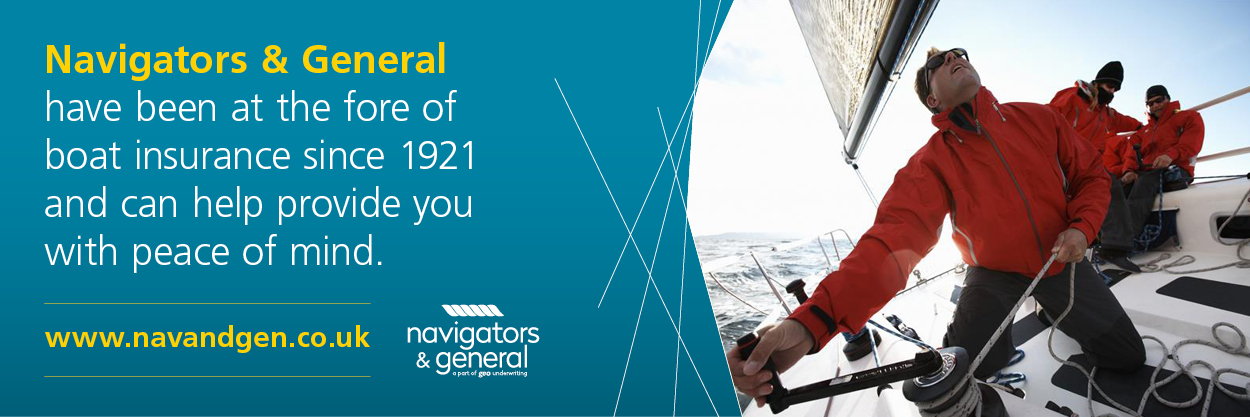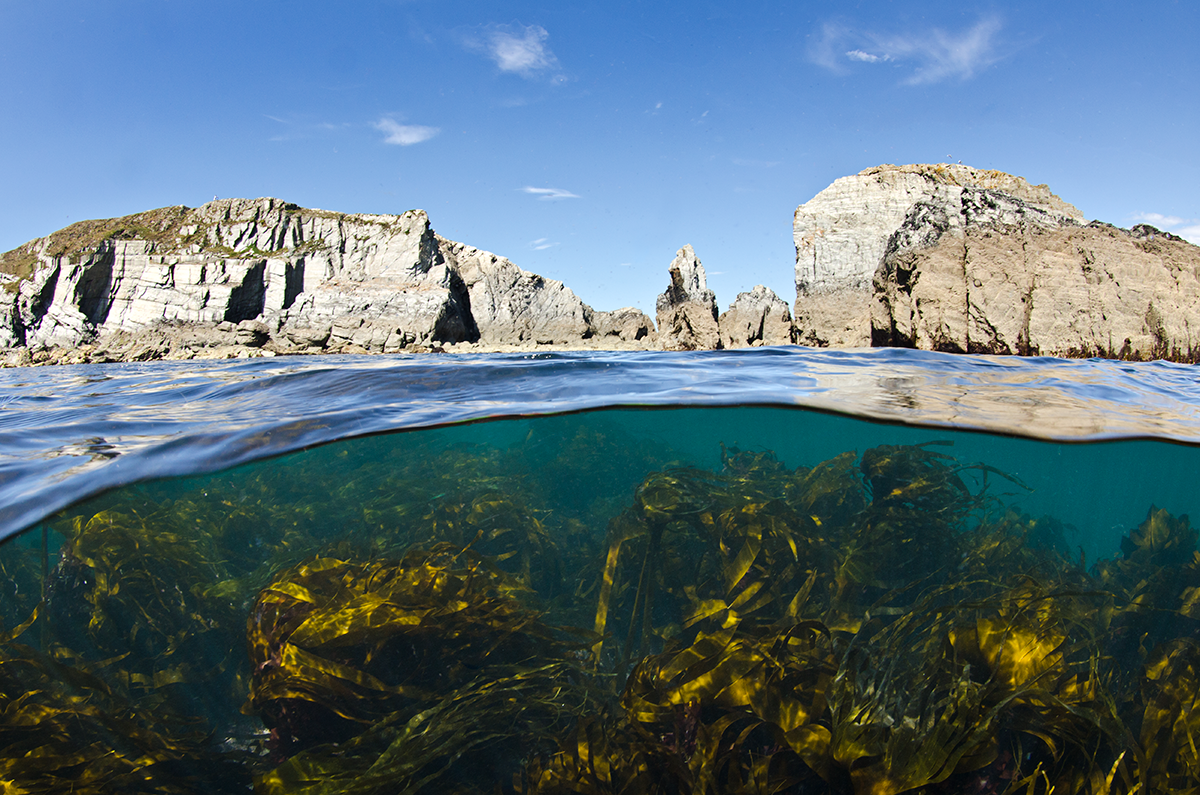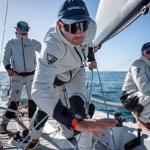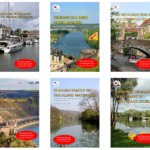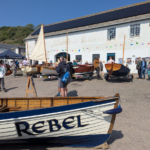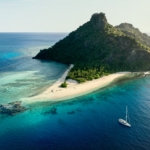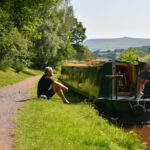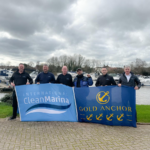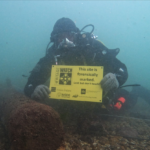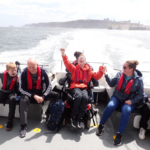Eighty per cent of people agree that marine wildlife should be treated with the same care as land-based wildlife, a new survey has found.
The independent research was conducted by Savanta for The Wildlife Trusts, ahead of National Marine Week (26 July – 10 August), which is the Trusts’ annual celebration of the seas.
The survey comes as the Government consults on the banning of bottom trawling in 41 offshore Marine Protected Areas (MPAs) in English waters which have been designated as protected sites due to the importance of their seabed habitats. MPAs are similar to nature reserves on land and there are 377 in the UK’s seas.
Daniele Clifford, marine conservation officer at The Wildlife Trusts, says: “It was wonderful to find so much public support for our marine environment among the public. The UK has an incredible diversity of seabed habitats – from cold-water corals, chalk reefs, sandbanks, muds and more. They store immense amounts of carbon and are the basis upon which marine ecosystems rely – from the smallest fish to the huge whales which visit our waters.”
The Wildlife Trusts strongly support the proposed bans on bottom trawling and are encouraging people to express their views to the Marine Management Organisation which is running the consultation, as well as the minister for water and flooding, Emma Hardy.
However, the survey also revealed confusion amongst respondents about the existing level of protections offered to the seabed and marine wildlife in MPAs. Just 8% of respondents chose the correct statement, which is that only certain wildlife and seabeds are protected. Most people did not know that a method of fishing known as bottom trawling is currently still allowed in many MPAs. Over a third (36%) wrongly supposed that an MPA designation means that all wildlife and seabeds are protected from damaging activities.
Daniele Clifford continues: “It’s completely understandable that people are confused. You’d think that a ‘marine protected area’ would protect all the habitats and wildlife within that area, wouldn’t you? Sadly, that is not the case.
“Seabeds are hidden beneath the waves and unfortunately it’s been a case of ‘out of sight and out of mind’. If land-based nature reserves were being bulldozed, there would be an outcry. And yet bottom trawling has been going on for many years in these MPAs. It’s about time proper management was implemented.
“We hope that by shining a spotlight on our seabeds during National Marine Week, we’ll motivate people to speak up for these wonderful natural features and the wildlife which calls them home.”
The Wildlife Trusts are the biggest UK environmental charity looking after the marine environment. National Marine Week is celebrated annually to draw attention to the charities’ conservation work and the state of the underwater environment. Members of the public can respond to the consultation by contacting minister Hardy and the Marine Management Organisation on this link: Ban Bottom Trawling







